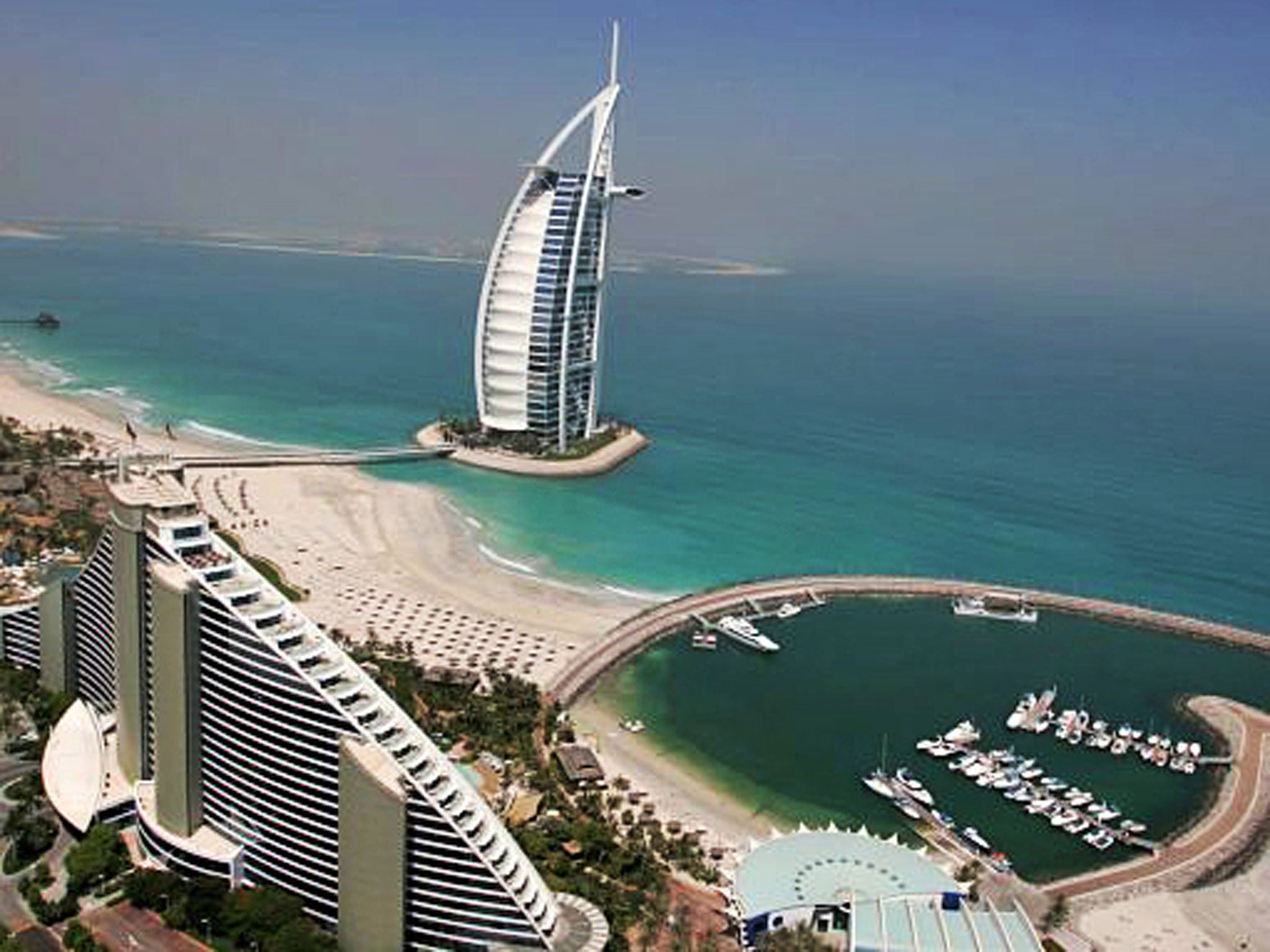A runway closure and a new room tax are on the way in Dubai
Simon Calder reports on double trouble

Your support helps us to tell the story
From reproductive rights to climate change to Big Tech, The Independent is on the ground when the story is developing. Whether it's investigating the financials of Elon Musk's pro-Trump PAC or producing our latest documentary, 'The A Word', which shines a light on the American women fighting for reproductive rights, we know how important it is to parse out the facts from the messaging.
At such a critical moment in US history, we need reporters on the ground. Your donation allows us to keep sending journalists to speak to both sides of the story.
The Independent is trusted by Americans across the entire political spectrum. And unlike many other quality news outlets, we choose not to lock Americans out of our reporting and analysis with paywalls. We believe quality journalism should be available to everyone, paid for by those who can afford it.
Your support makes all the difference.One million Brits visit Dubai each year, but for 80 days between May and July, the number of flights to and from the Emirate will be cut. And, from this month, rooms will be more expensive.
Why the reduction in flights?
Dubai handles more international passengers than any airport except Heathrow. Between 1 May and 20 July, all flights will use a single runway with the other out of action. "The northern runway is nearing the end of its design life and requires resurfacing and other modifications,"explains the operator, Dubai Airports – adding: "There is a requirement to upgrade runway lighting and construct new rapid exit taxiways on the southern runway to boost capacity." The plan is to operate 74 per cent of aircraft movements during the project.
So one in four flights will go. Which ones?
Freighter and charter flights are being moved to the newly opened Al Maktoum International, along with some scheduled passenger services; an express bus will run between the two airports. But that still leaves a large number of cancellations – most of them by Emirates, whose hub is Dubai. Emirates' UK routes are heavily used and are regarded as among the airline's most important services. The impact here is minimal, e.g. shifting the times of Birmingham-Dubai flights. Australian links are also little affected. But onward connection options to Asia and Africa will reduce, which could push up fares. Bangkok, Hong Kong, Delhi, Mumbai and Johannesburg will all get fewer flights.
The construction work will presumably increase the risk of flight disruption?
Yes. That's why Dubai Airports has issued a strict "Slot Adherence Policy", requiring airlines to stick to their allocated times – with fines of up to 100,000 dirhams (£16,000) for "slot misuse". The organisation says it has "built in flexibility into the flight schedule over the 80 days to ensure that, should there be any delays, such as poor weather conditions, it is able to quickly recover to normal operations."
Why will rooms be more expensive?
Because of a new tax on tourists, to pay for the cost of attracting more tourists. The "Tourism Dirham", as the tax is known, takes effect on 31 March. The Crown Prince of Dubai has issued a resolution imposing the levy on "all genres and rating of holiday accommodation", including hotels, apart-hotels, guest houses and holiday homes. The measure will "strengthen Dubai's position as a leading tourist destination, bringing the Emirate in line with international industry standards", say the authorities. "Such tourism fees are charged in several leading tourist destinations around the world."
Given the relatively high price of a night's stay in Dubai, the additional charge is hardly astronomical. It will vary from 7 to 20 dirhams (£1.15 to £3.20) per room per night, depending on the quality of accommodation, adding barely 6 per cent to a £200-a-night five-star room. But it will mean hassle for visitors. Even if you book and pay for a hotel in advance, you must pay the tax locally when checking out.
Join our commenting forum
Join thought-provoking conversations, follow other Independent readers and see their replies
Comments